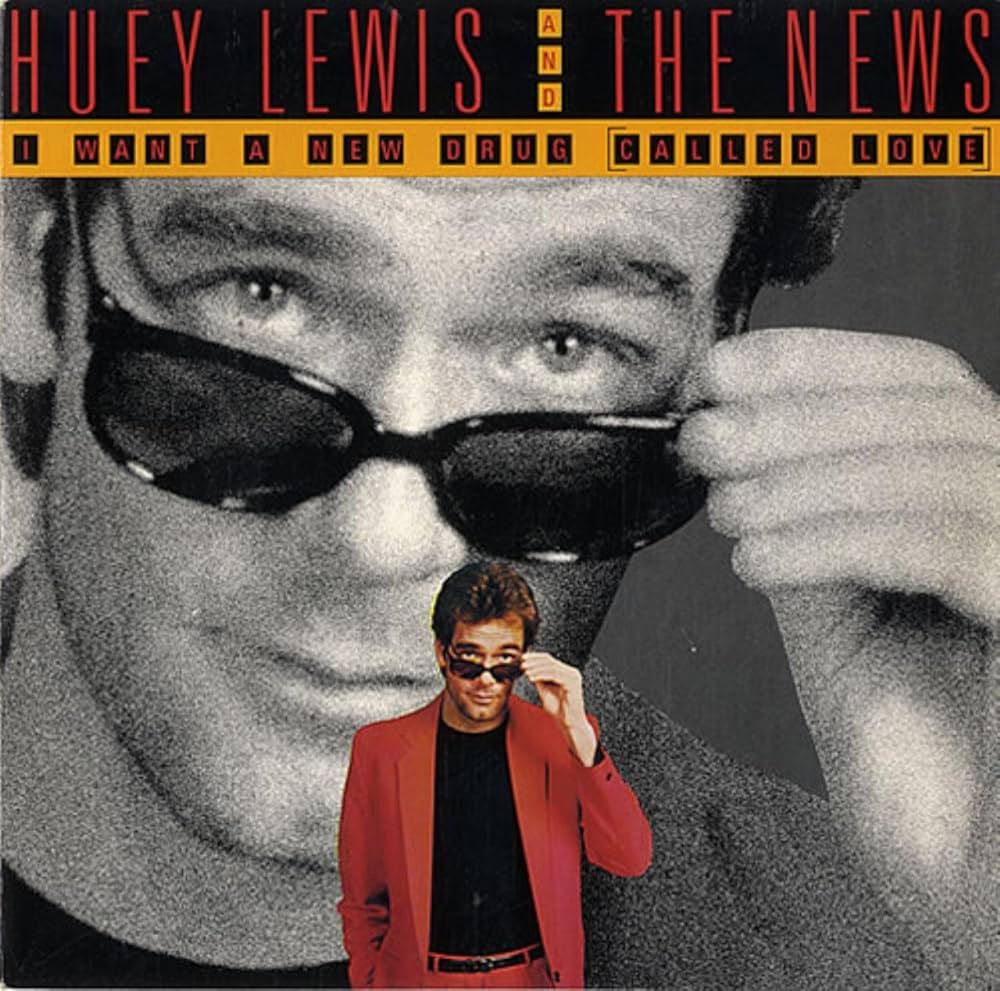Vitamins and painkillers
|
Crappy advice you find on LinkedIn™
|
One that won’t make me nervous
Wondering what to do
One that makes me feel like I feel
When I’m with you
When I’m alone with you
- — H Lewis (1984)
The theory goes, so say any number of thought-pieces, that there are two kinds of technology business:
- Painkillers: Those that address acute immediate problems
- Vitamins: Those that prevent problems over the medium to long term:
This is a threadbare view of the medical profession, let alone the commercial world at large.
To indulge what may be just a bad metaphor, it overlooks important medical functions such as, you know, diagnosing patients and then curing them.
Painkillers
Long-term or frequent use of certain pain medications can lead to issues such as gastrointestinal problems, kidney damage, and tolerance, where the medication becomes less effective over time. Additionally, some painkillers may interact with other medications you may be taking, leading to adverse effects.
- — ChatGPT
The appeal of Paracetamol: it is quick, generic, asks no great talent of those who prescribe or administer it, and, at first blush, it does the trick. This it shares with legaltech, come to think of it.
Painkillers work where problems are superficial, baffling or terminal.
Patients with superficial or terminal conditions won’t pay much — at least, not for long.
Where patients have baffling conditions either they are a freak, or you are a bozo. By definition, freaks are the exception, so — yeah.
So this is the JC’s main beef with the legal operations world: the whole thing presumes that you can solve deep-seated, difficult problems, with generic technology and cheap labour. If this were true law would not be such a persistently lucrative profession.
The cynical view — one, by the way, the JC largely shares — is that most sticky legal problems aren’t all that difficult, addressing not real-world risks, but the interests of legal nest-feathering. Lawyers tell their clients ghost stories and then charge them for formulating outcomes should their phantasmagoric contingencies come about.
But this being so, the challenge is not “optimising how one caters for absurd outcomes” — any bozo can do that — but demythologising, untangling knotted organisational threads, sorting wheat for chaff, and delivering simple advice that clearly allocates risk and keeps the lawyers out of the picture.
Diagnosing this, like chronic vascular disease, is hard. When the patient is a sclerotic institution, forged through countless regrettable mergers, siloed, recombined, spun out, reverse-merged, riven by turf wars, haunted by past catastrophe and silted up with poor practice, bad process and superfluous policy and it presents with persistent a consumptive wheeze, — treating it is even harder.
This is no place for bozos who recommend popping a couple of tramadol and calling in the morning.
Vitamins
Most people do not need to take vitamin supplements and can get all the vitamins and minerals they need by eating a healthy, balanced diet.
Painkillers have at least make a quick, demonstrable difference. Vitamins are more oblique in their quackery. Their instant appeal is that they sound technical. Since, by design, they are not meant to work immediately, there can be no disappointment from the patient when they don’t.
The beauty of the long timeframe for treatment is its scope for intervening causes: by the time your vitamin “effects” kick in the patient might have mended its dissolute ways, in which case you can take the credit.
Of course, it is more likely the patient won’t be any better, and may well be worse. Here the time horizon gives plenty of room for (a) responsible legal ops personnel to scarper, and for those who don’t, (b) for alternative causal explanations to intrude. Macro geopolitical events — COVID, Brexit, Ukraine, climate change and so on — are easy to cite and magnificently unfalsifiable.
Again, the real business of achieving the health benefits vitamins supposedly provide is less convenient and less glamorous.
Patients don’t want to be told to lay off the booze, cut out the fags, go jogging three times a week eat more vegetables and fewer pies. Nor do clients.
Seeing legal service as something that either masks a deep-seated malaise without addressing it - a painkiller - or a quick, cheap and hard-to-prove-or-falsify substitute for the hard work of maintaining a healthy lifestyle — a vitamin — is the classic legal-tech take.
It is excellent advice in cynicism: the last thing you want to do is heal your client, much less advise her about her diet of lifestyle, because by these you do yourself out of a regular stream of income. Sad face.
